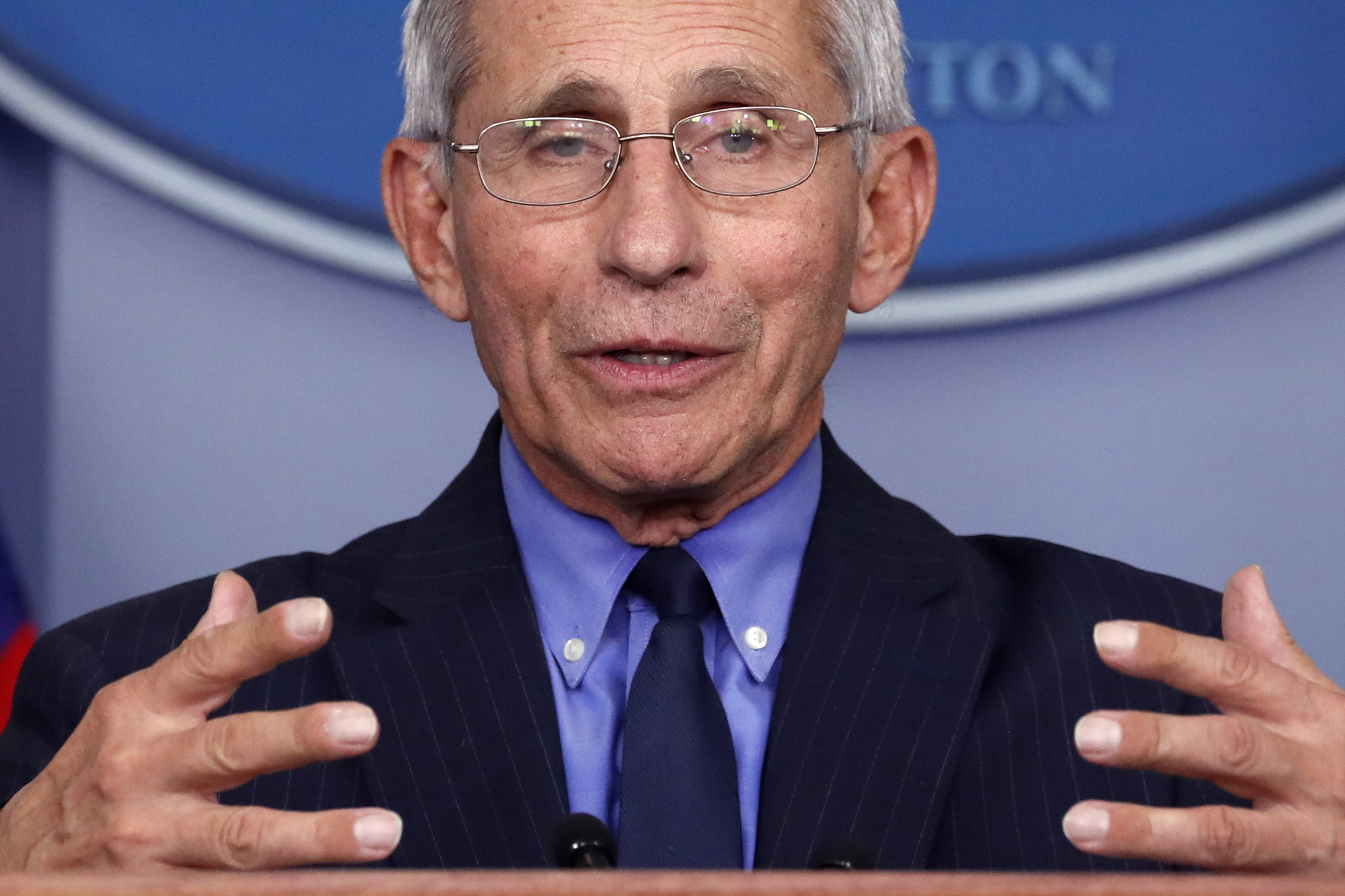|
Preface
Peter Boltuc
From the Archives - AI Ontology and Consciousness
“The Shrinking Difference between Artifacts and Natural Objects,” Lynne Rudder Baker
“Artifacts and Mind Independence: Comments on Lynne Rudder Baker’s ‘The Shrinking Difference between Artifacts and Natural Objects’,” Amie L. Thomasson
“Explaining an Explanatory Gap,” Gilbert Harman
“Formulating the Explanatory Gap,” Yujin Nagasawa
“Logic as a Theory of Computability,” Jaakko Hintikka
“Robots Need Conscious Perception: A Reply to Aleksander and Haikonen,” Stan Franklin, Bernard J. Baars, and Uma Ramamurthy
“Flawed Workspaces?,” P.O. Haikonen
“Unity from Multiplicity: A Reply to Haikonen,” M. Shanahan
“Leibniz, Complexity, and Incompleteness,” Gregory Chaitin
“Architecture-Based Motivation vs. Reward-Based Motivation,” Aaron Sloman
“Consciousness, Engineering, and Anthropomorphism,” Ricardo Sanz
“Sleep, Boredom, and Distraction—What Are the Computational Benefits for Cognition?,” Troy D. Kelley and Vladislav D. Veksler
“DABUS in a Nutshell,” Stephen L. Thaler
“The Real Moral of the Chinese Room: Understanding Requires Understanding Phenomenology,” Terry Horgan
“A Refutation of Searle on Bostrom (re: Malicious Machines) and Floridi (re: Information),” Selmer Bringsjord
From the Archives - AI and Axiology
“Understanding Information Ethics,” Luciano Floridi
“Too Much Information: Questioning Information Ethics,” John Barker
“Ethics of Entropy,” Martin Flament Fultot
“Taking the Intentional Stance Toward Robot Ethics,” James Moore
“Measuring a Distance: Humans, Cyborgs, Robots,” Keith W. Miller and David Larson
“Remediation Revisited: Replies to Gaut, Matravers, and Tavinor,” Dominic McIver Lopes
From the Chair: Newsletter Highlights
| 
